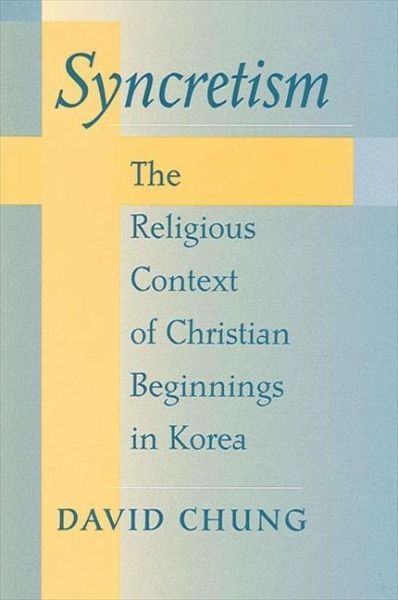
Syncretism
The Religious Context of Christian Beginnings in Korea
Herausgeber: Oh, Kang-Nam
Versandkostenfrei!
Versandfertig in über 4 Wochen
92,99 €
inkl. MwSt.
Weitere Ausgaben:

PAYBACK Punkte
46 °P sammeln!
Argues that a syncretic worldview encouraged the remarkable growth of Christianity in Korea. This book explains the explosive growth of Christianity since its introduction into Korea in the eighteenth century. In no other Asian country has Christianity taken root so strongly. Author David Chung argues that it was the syncretic tendency of Korean religious culture that provided the context for the successful acceptance of Christianity. Working from the perspective of comparative religions, he explores how Korean society accommodated and assimilated religions of foreign origin, such as Confucian...
Argues that a syncretic worldview encouraged the remarkable growth of Christianity in Korea. This book explains the explosive growth of Christianity since its introduction into Korea in the eighteenth century. In no other Asian country has Christianity taken root so strongly. Author David Chung argues that it was the syncretic tendency of Korean religious culture that provided the context for the successful acceptance of Christianity. Working from the perspective of comparative religions, he explores how Korean society accommodated and assimilated religions of foreign origin, such as Confucianism, Taoism, Buddhism, and Christianity through crude equation and subtle identification of these religions with Korean indigenous beliefs. Fundamentally shamanistic, Korean society received and grafted these religions onto its own and made a remarkable tapestry of beliefs, rites, and values into a comprehensive pattern. Syncretism finds this "religious tapestry" or internal chemistry working between Korean and Christian worldviews.













